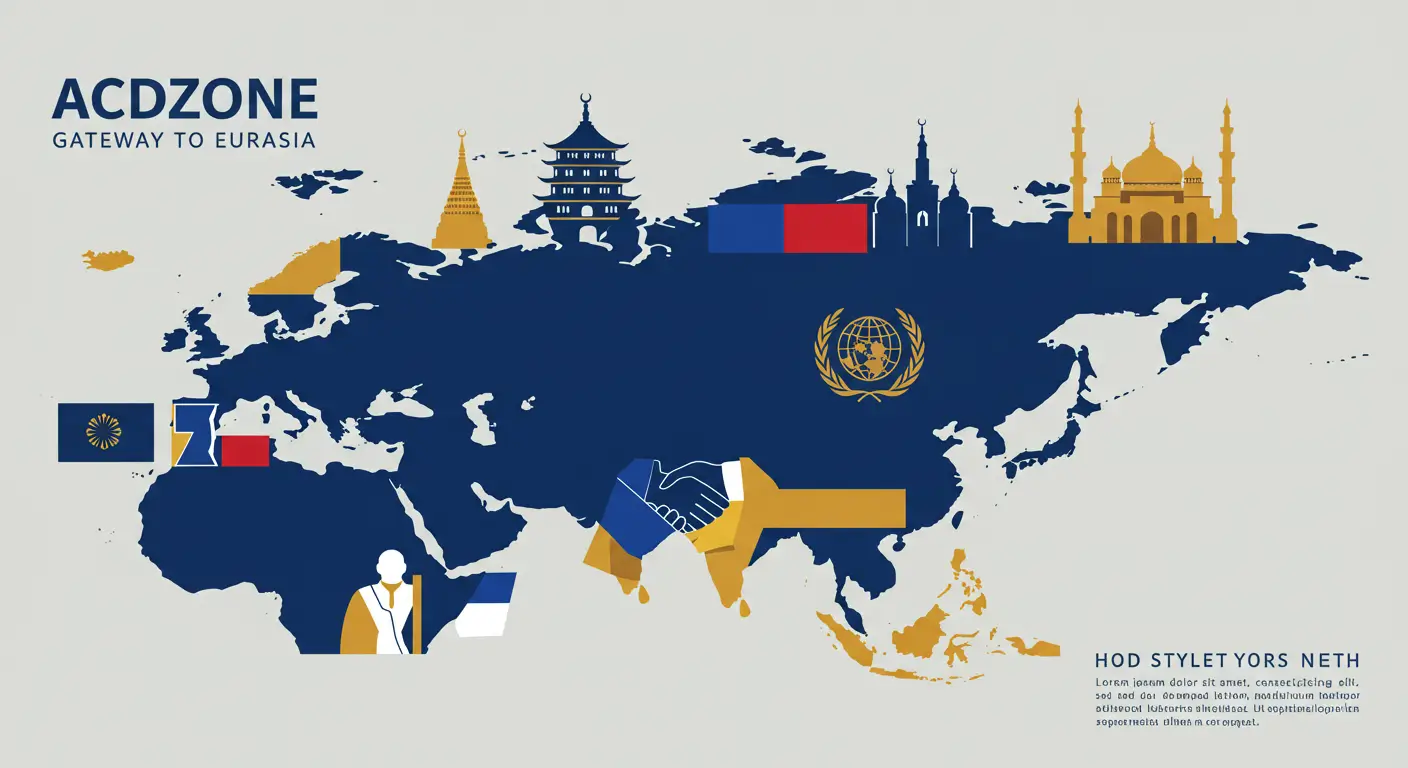Geographical Location and Regional Role of Kazakhstan
Kazakhstan, the largest country in Central Asia and the ninth largest worldwide, acts as a natural and geopolitical bridge between the East and West of the Asian continent. Covering approximately 2.7 million square kilometers, Kazakhstan shares extensive borders with five Central Asian nations as well as Russia and China, positioning itself at the heart of political, economic, and security developments in the region.
Geographical Extent
From the vast steppes of the west and central regions to the towering mountain ranges in the east, Kazakhstan boasts diverse natural landscapes. Most notably, its abundant reserves of oil, natural gas, uranium, and various minerals have made it a significant global energy supplier.
Geopolitical Significance
Kazakhstan serves as a critical transit hub within major infrastructural projects such as China’s Belt and Road Initiative. The railways and highways crossing its territory facilitate economic and cultural exchange among countries, turning Kazakhstan into a key Eurasian transit hub.
Role in Regional Security
From a security perspective, Kazakhstan is an active player in maintaining stability in Central Asia. As a member of the Shanghai Cooperation Organization and the Eurasian Economic Union, it regularly participates in anti-terrorism efforts, combating drug trafficking, and fighting organized crime. Its balanced foreign policy between major powers like Russia, China, and the United States has enabled it to act as an effective mediator in regional crises and tensions.
Regional and Global Cooperation
Kazakhstan actively participates in international organizations and forums. Its membership in the Eurasian Economic Union, NATO partnership programs, and extensive neighborly relations have positioned it as a hub of stability and development in the region.
Economic Development and Infrastructure
In recent years, Kazakhstan has leveraged its natural resources and attracted foreign investment, especially from China and the European Union, to launch large-scale projects in energy, transportation, and technology sectors. Special economic zones like “Khorgos” and new transport corridors testify to the country’s ambition to become a logistical hub in Eurasia.
Challenges and Opportunities
Despite these successes, Kazakhstan faces challenges including economic dependence on energy resources, ethnic tensions, and regional disparities. Its sensitive geographic location bordering China and Russia necessitates a savvy foreign policy to maintain balance and national sovereignty.
Future Outlook
With ongoing infrastructure development and proactive diplomacy, Kazakhstan aims to consolidate its position as a strategic Eurasian bridge — a country that can significantly connect Asian and European markets and become a key actor in regional security and economy.





No comment